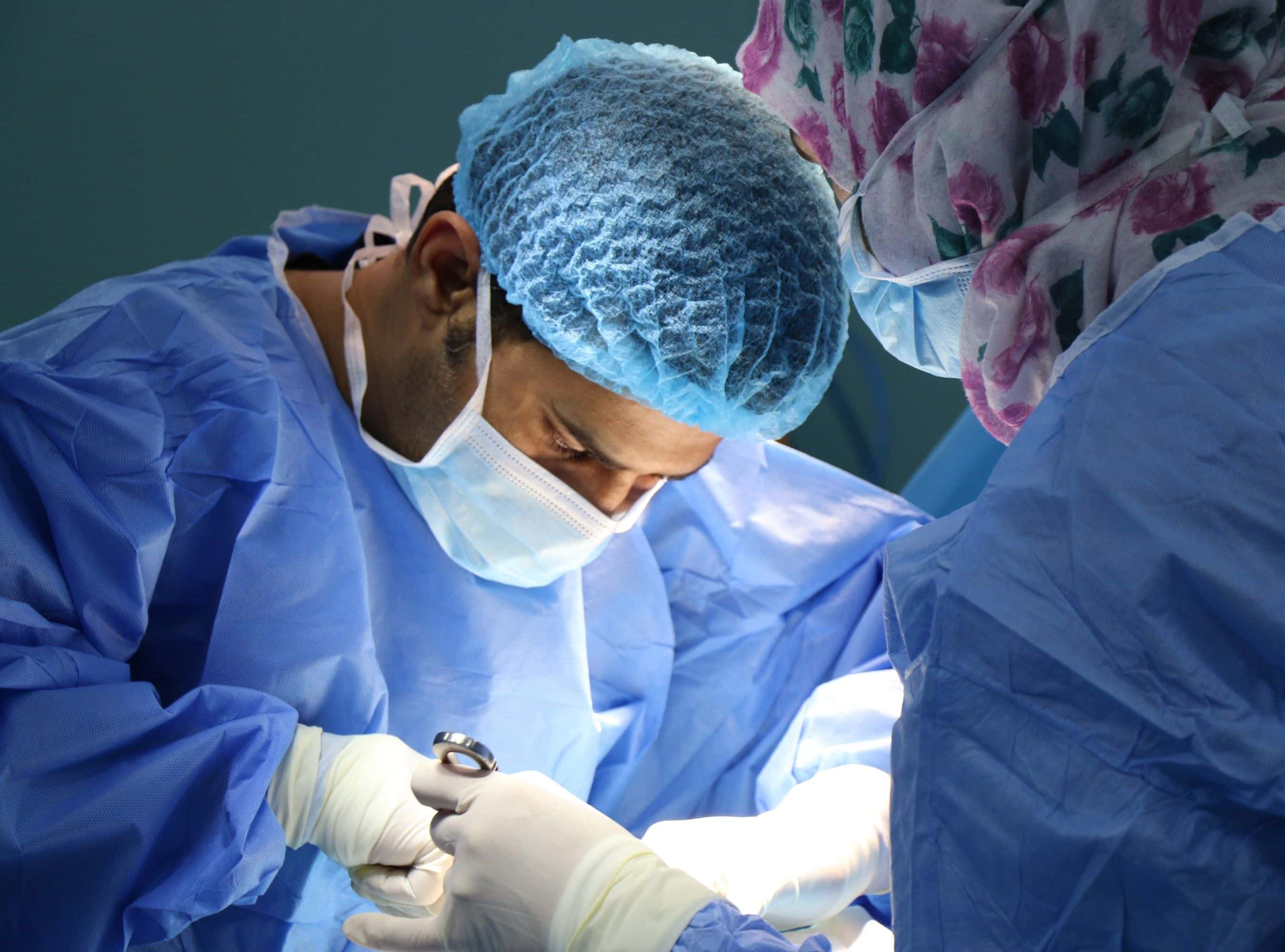Court: United States District Court for the District of Maryland, Southern DivisionJurisdiction: FederalCase Name: Puckett v. United StatesCitation: 2016 U.S. Dist. LEXIS 118934
Facts
The plaintiff claimed she underwent a laparoscopic surgery that she did not consent to at a naval medical center in Maryland. A surgeon performed a laparoscopic Roux-En-Y gastric bypass (RYGB), in which the upper portion of the stomach is stapled to make it the size of a small egg. However, the plaintiff stated that she signed a consent form for laparoscopic sleeve gastrectomy (LSG), in which two-thirds of the stomach is resected to decrease appetite and increase satiety. The plaintiff claimed that the defendant’s staff surgeon was negligent when he failed to take reasonable, ordinary care and performed an incorrect surgical procedure. The plaintiff also claimed that, as a direct and immediate result of the defendant’s negligence, she suffered and will continue to suffer permanent medical and lifestyle changes. This included vitamin deficiency, inability to use certain medications, dumping syndrome, and malabsorption. The plaintiff retained a gastroenterology expert witness to support her case.
Gastroenterology Expert Witness
The gastroenterology expert witness was a gastroenterologist and an assistant professor of medicine at Georgetown University. He worked for the Inova Fair Oaks Gastrointestinal Division, one of the biggest and most successful bariatric surgery departments in the country. The gastroenterology expert witness performed pre-surgery assessments and endoscopies for patients who were scheduled to undergo bariatric surgery, such as RYGB and LSG procedures. He also handled post-surgery complications of bariatric surgery. The expert saw roughly 100 patients per year for pre-surgery assessments and 25-50 patients for post-surgery follow-ups. Of these 25-50, half undergo RYGB and half have had the LSG procedure.
The gastroenterology expert consulted the plaintiff’s medical records and conducted a physical examination. In his submitted report, he concluded that the plaintiff would have to take iron supplements, vitamin B, protein shakes, and calcium nitrate for the rest of her life. The expert explained the RYGB technique significantly interferes with the absorption of nutrients such as iron. In comparison, the nutritional deficiencies associated with the LSG treatment are negligible. Further, the expert explained this is because the RYGB procedure requires the reorganization of the anatomy of the gastrointestinal tract, while the LSG procedure merely eliminates the stomach.
The gastroenterology expert witness specifically noted that anyone who undergoes RYGB surgery will become iron deficient but that this outcome is unlikely after LSG, barring significant blood loss or a pre-surgery iron deficiency. He also explained he recommends the use of calcium supplements to female patients who underwent RYGB. The defendant claimed the gastroenterology expert was not qualified to give dietary recommendations for RYGB and LSG patients.
Discussion
The defendant claimed the expert’s suggestion that the plaintiff would need nutritional supplements for the rest of her life should be omitted as mere speculation. The defendant argued that the 2013 clinical guidelines for bariatric surgery recommended that both RYGB and LSG patients should be given the same nutritional supplements. The court noted that since the gastroenterology expert witness’s deposition and analysis had come to a different conclusion from the clinical guidelines, this was a substantive issue disagreement, and they could not issue the defendant’s summary judgment on this point.
Next, the defendant argued the expert’s opinion that the plaintiff would need to take gastroesophageal reflux disease (GERD) medication for the rest of her life was not based on sufficient facts or data. The defendant argued this conclusion was not reliable because the expert assumed the plaintiff already suffered from GERD, when, in fact, she had not been diagnosed. The court found that there was insufficient evidence to demonstrate a causal link between the plaintiff’s alleged GERD symptoms and the defendant’s negligence. As a result, the court granted summary judgment in the defendant’s favor on this argument.
Finally, the defendant argued the expert’s testimony that the plaintiff was likely to suffer from dumping syndrome for the rest of her life was based on unknown facts. The court noted that while it could be plausible that the RYGB procedure caused the plaintiff to have dumping syndrome, the expert’s testimony indicated that patients who had an LSG procedure could also have similar symptoms. The defendant’s motion was granted on this issue.
Held
The defendant’s motion for summary judgment was granted in part and denied in part.
About the author
Wendy Ketner, M.D.
Dr. Wendy Ketner is a distinguished medical professional with a comprehensive background in surgery and medical research. Currently serving as the Senior Vice President of Medical Affairs at the Expert Institute, she plays a pivotal role in overseeing the organization's most important client relationships. Dr. Ketner's extensive surgical training was completed at Mount Sinai Beth Israel, where she gained hands-on experience in various general surgery procedures, including hernia repairs, cholecystectomies, appendectomies, mastectomies for breast cancer, breast reconstruction, surgical oncology, vascular surgery, and colorectal surgery. She also provided care in the surgical intensive care unit.
Her research interests have focused on post-mastectomy reconstruction and the surgical treatment of gastric cancer, including co-authoring a textbook chapter on the subject. Additionally, she has contributed to research on the percutaneous delivery of stem cells following myocardial infarction.
Dr. Ketner's educational background includes a Bachelor's degree from Yale University in Latin American Studies and a Doctor of Medicine (M.D.) from SUNY Downstate College of Medicine. Moreover, she is a member of the Board of Advisors for Opollo Technologies, a fintech healthcare AI company, contributing her medical expertise to enhance healthcare technology solutions. Her role at Expert Institute involves leveraging her medical knowledge to provide insights into legal cases, underscoring her unique blend of medical and legal acumen.



